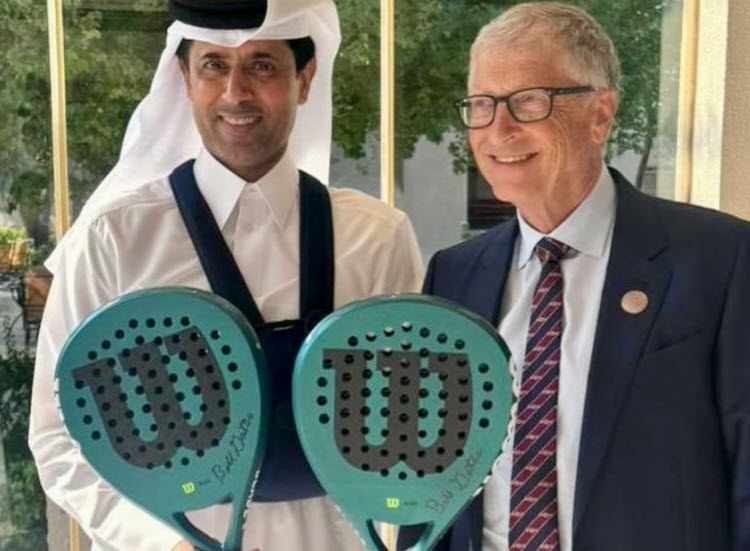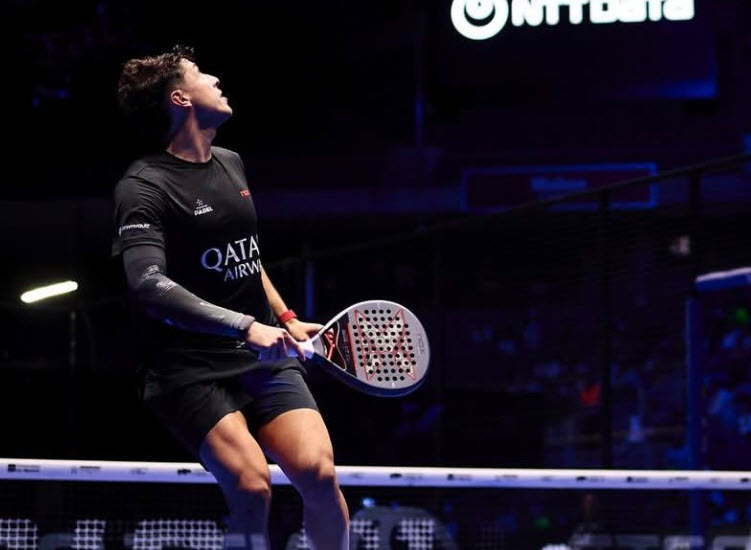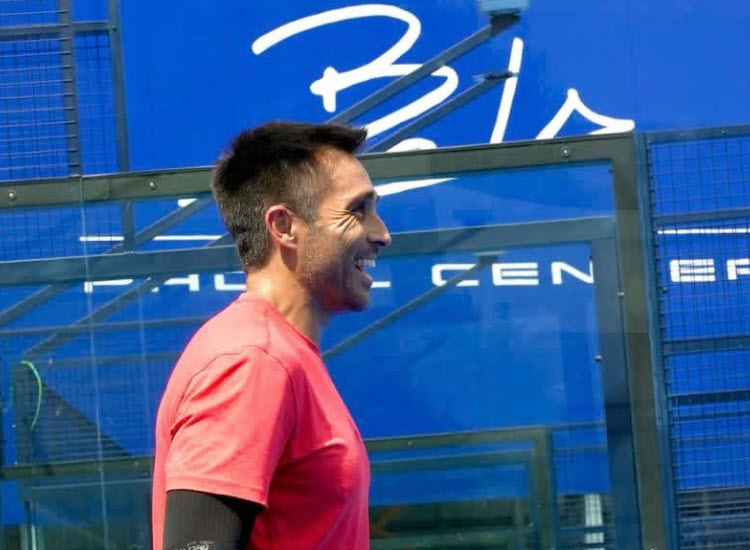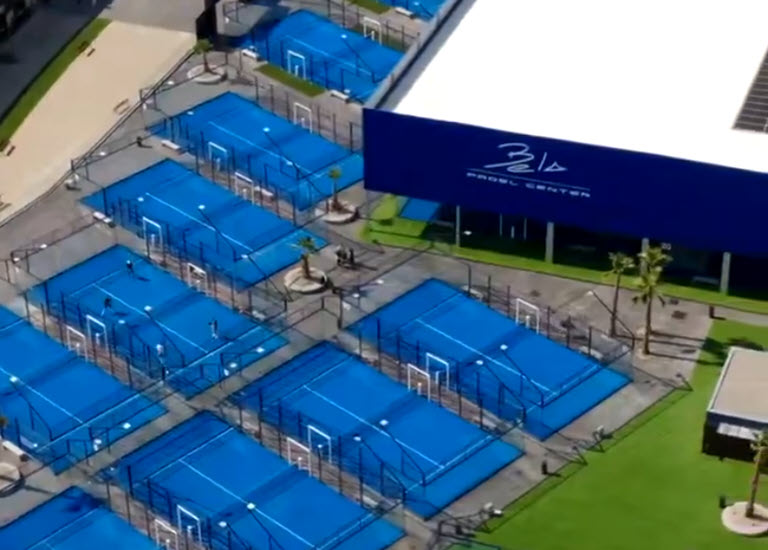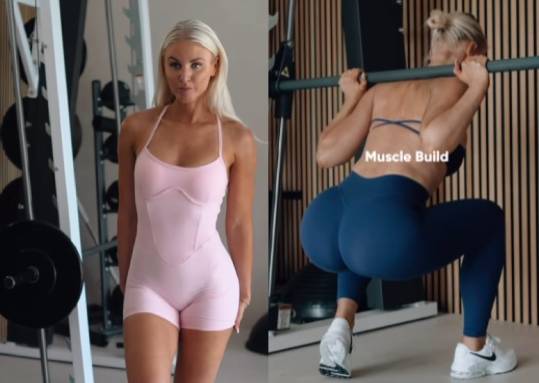
Fitness influencer Linn Lowes, who has an incredible 3.4 million Instagram followers, never stops motivating her followers with useful training advice and fitness science. She just posted a collection of her training videos along with a detailed description of what “toning” actually means. Her piece provided her audience with clarity by demythologizing common fallacies regarding muscle training and toning.
According to Linn’s caption, “toning” is the process of diminishing body fat and improving muscle definition in order to get a leaner, more contoured figure. Muscles do not distinguish between toning and conventional muscle-building exercises, she underlined. Rather, they react to opposition by changing and becoming more resilient.
“Tone,” as the caption reads, is frequently used to describe getting a leaner, more defined look by decreasing body fat and improving muscle definition. This frequently entails both muscle building and fat loss, giving the body a harder, more defined shape.
When it comes to training, your body will react similarly to what you might consider to be “toning” and simple weightlifting.
Heavy Weights & Low Reps vs. Light Weights & High Reps: Despite popular assumption, light weights and high reps do not “tone” muscles in a different way. As long as you experience muscle fatigue, both approaches can help you gain muscle. Intensity, not weight, is the important factor.
Muscle Adaptation: Muscles are unable to distinguish between building and toning. When challenged, they react to the challenge and recover more robustly.
Training is the same, but the results are enhanced by nutrition:
🔺Toning (Fat Loss + Muscle Definition):
Focus on a slight caloric deficit: to reduce body fat while revealing muscle definition. High protein intake preserves muscle mass while losing fat. Aim for 1,5-2g per body kilo. Balanced carbs and fats to maintain energy for workouts without overeating.
🔻 Muscle Building (Muscle mass + Size):
If your goal is to build size as fast as possible, a caloric surplus is to recommend here. Protein is still key, but carbs play a larger role in fueling intense training and recovery. Nutrient timing will also be slightly more important in a size build diet, like eating protein and carbs post-workout to optimizes muscle repair.
Hope you’ll find this helpful 🫡”
View this post on Instagram


